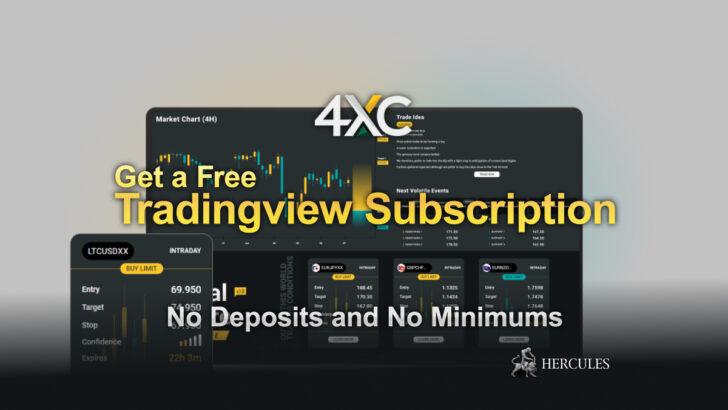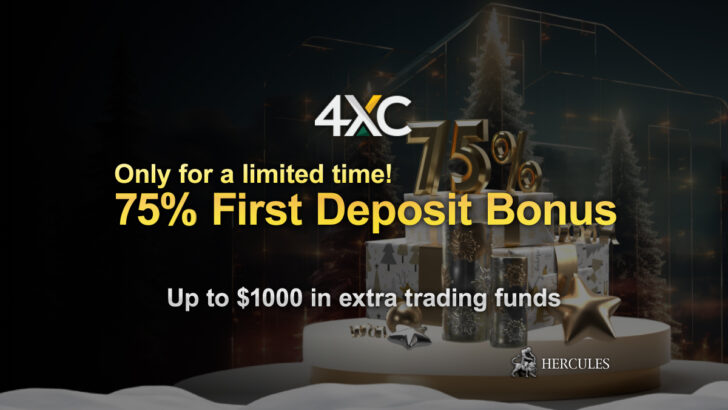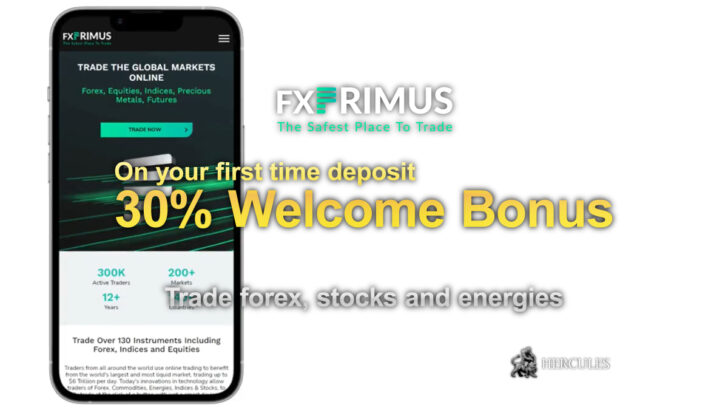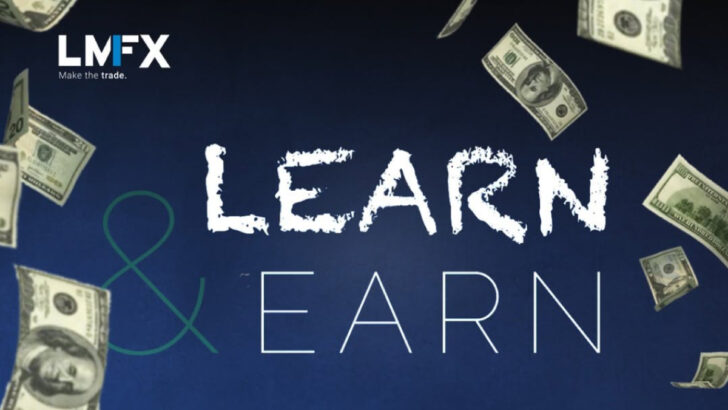Categories
Differences between CFD and Futures trading
Trading goods in CFD or Futures? What is the difference and which is better for trading goods?
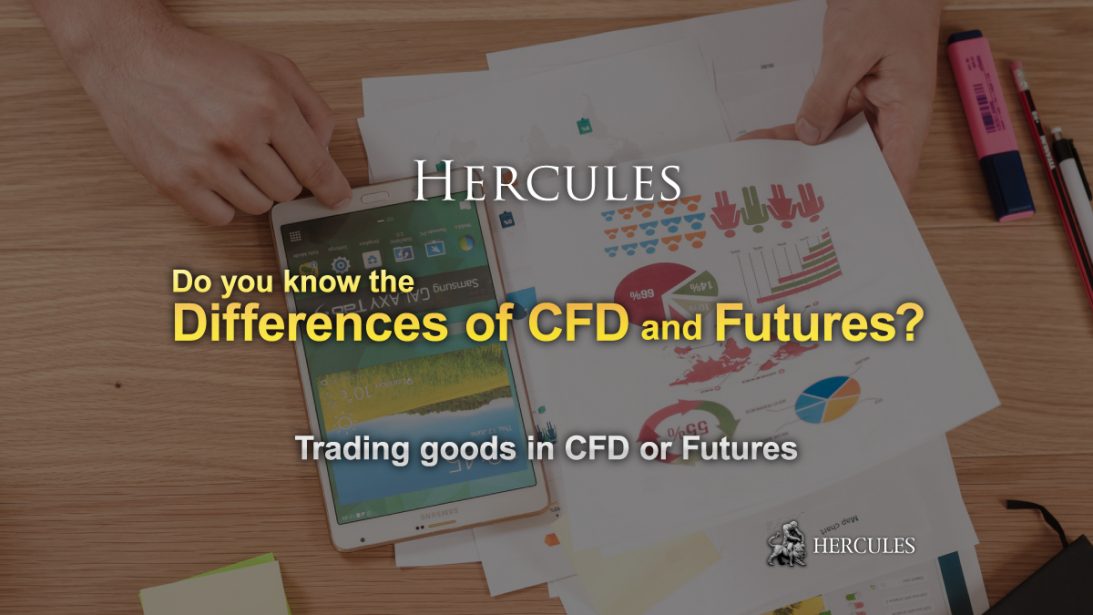
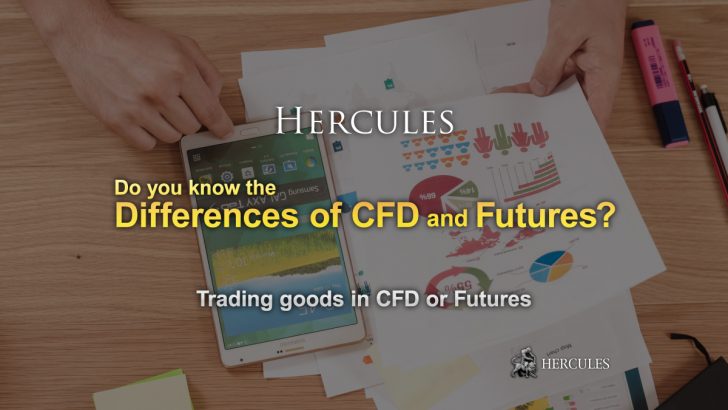
- Which is better to trade goods in CFD or in futures?
- Features of CFDs and Futures trading
- How to choose the best markets for trade?
- Choose the financial market to invest in carefully
Which is better to trade goods in CFD or in futures?
CFD is a “contract for difference” concluded between you and your dealer.
This contract envisages who pays what depending on the difference between the asset’s price at the close of the contract and the price of the asset at the time of the opening of the contract.
CFD is not a contract born and circulating in the exchange like futures and CFD dealer is not a futures broker.
And if you explore a little bit of history of the origin of CFD, you will find out that this tool originally appeared exclusively as a means of avoiding of the so-called «tax duty».
This special tax obliged any respectable Englishman, trading shares on LSE to pay a lump sum from the trade turnover.
Considering that formally the deal with CFD is not a deal with the share, and therefore it does not fall within the tax.
List of Online Forex and CFD brokers
Features of CFDs and Futures trading
It is important for rooky traders to understand the main differences of exchange-traded futures from CFD:
- Price of the futures is established on the stock exchange and it is one and unique in each and every moment of time for all traders around the world.
- DC dealer sets the price of CFD. It is close enough to the exchange price, because any CFD is based on an indicative exchange price. But CFD clients see in their monitors a quotation with an extended spread. While on the stock exchange itself, the trading method provides for a minimal spread and broker’s commission. In real situations, spreads on CFD are often “extended” by the dealer, depending on the situation, and in fact it turns out that the cost of service of the contract is higher for a customer than if the client had himself traded futures for the same asset on the stock market. Spread on CFD is ALWAYS higher than the exchange spread on futures + broker`s commission. CFD trading is more expensive, and significantly.
- Clearing house of the exchange, where trades are conducted, acts a guarantor of obligations performance on the futures.. And these are usually the oldest founders of the futures exchanges, which are controlled by the controller and value their reputation.
- The guarantor of obligations performance for CFD is a dealing centre, which “released” its CFD to its customers.
- Exchange traded futures do not assume day rollover during the life of one contract.
- CFD may assume withholding of swap every day.
- Futures, by definition, are displayed on the real stock market, and therefore there is no conflict of interests between the client and the broker.
- CFD can be hedged (“output”), in part, or may not appear at all on the market, and therefore there is a conflict of interests between the client and the broker, for potential losses of the customer can increase profit of DC.
- Transactions in futures are controlled by regulators NFA, CFTC or FSA and in case of client`s problems, everything can be resolved through them.
- Transactions with CFD (with the exception of British companies regulated by FSA), are governed by these companies themselves, and they can also resolve any dispute not in favour of the customer.
- When you trade with a futures broker, your money is on a segregated account at the bank, and if the broker goes bankrupt, then all the money will be returned to you safe and sound. The broker cannot physically take possession of them.
- When you trade CFD, your money is combined with the capital of DC (except for British companies regulated by FSA). If the DC goes bankrupt, the refund can be problematic.
So, if it is not critical for you that the cost of trading in CFD will be higher than on the exchange traded futures, you can choose the regulated broker and work with this instrument.
In return, you will be able to trade many tools at much lower requirements for guarantee deposit on the account.
Many online Forex and CFD brokers provide an opportunity for traders to try to work with both exchange traded futures and CFD.
How to choose the best markets for trade?
There are many instruments around the world and all exchanges.
A rooky trader often asks this question, trying to understand the possibilities of various instruments of financial markets.
And here again it is crucially important which goals rooky trader sets for himself, his readiness and experience, and the amount of capital that can be used in the trading account.
Over the past decades, the industry developed several conventional types of traders who trade in the markets of financial instruments:
1. Traders – amateurs
Traders – amateurs, who have small starting commercial capital and set yourself a goal to get the hang of trade and, over time, to take the path of a professional trader and earn a living trading.
For them, it is sufficient for the initial stage to test themselves with the trading deposit $100 to $ 10,000, with gradual acquisition of knowledge and skills or rejection of the ideas of trading forever.
Typically, this group of traders chooses a set of instruments from FOREX and CFD markets.
The current industry of brokers in these markets provides an opportunity to work with minimal deposits.
The trader quickly by opening an account and placing money can try to master the trade with a wide selection of tools using small amounts of money.
The downside here is that the FOREX market is for the most part an unregulated market, in terms of strict and transparent rules.
In addition, the availability of a large leverage in this market is in most cases the “catalyst” for the loss of money by rooky traders.
But, in any case, this market exists and works and if you want to try your hand without risking large sums, then go directly to the broker.
For this group of participants, trading is not the main source of income.
In the list of available markets, online Forex and CFD brokers nowadays provide high quality access to FOREX market and CFD, with small amount of start-up trading capital.
More details about the tools and capabilities of these markets, you can find on the relevant pages in the Education section.
2. Traders – semi-professionals
Traders – semi-professionals who, having worked their way of study and development of methods of trading in the markets, are moving from non-regulated OTC markets, such as FOREX, to regulated exchange markets of futures or stocks.
In this case, as a result the broker has self-sufficient traders, who put emphasis on transparency and controllability of the processes of trade and reliability of saving money in the account from the risks common for unregulated markets.
Such traders work with a much broader range of possible tools in the market environment of professionals, but it requires bigger funds on the trading account.
But such an account is opened with the regulated professional stock brokers whose activities are transparent and monitored, and the conditions of asset pricing are the same all over the world for all traders.
For this group of participants, trading is the main source of income and active amounts of trading accounts start at 30-50 thousand dollars.
A online Forex and CFD broker provides access, through a single multi-market platform to all the world’s leading stock exchanges, to hundreds of popular commodity contracts and thousands of shares of the world’s leading producers of goods and services.
More details about the tools and capabilities of these markets you can find on the relevant pages in the Education section.
3. Traders – amateurs
Traders – amateurs who do not make it an aim to be a professional trader, but just try to obtain skills of investing of surplus funds in the assets of the classical trend of medium-and long-term investment.
Most of them are people who earned money for life in other areas and now trying to lead their own personal portfolios of assets by investing primarily in stock and bond markets for a period of one year or more.
Such traders – investors spend 2-3 hours a day to work with financing markets and make use of the services of quality analysis tools and recommendations or self-learn method of analysis, using long-term daily charts of the stock market and funds.
For this group of participants, trading is not the main source of income and the amount of accounts with which they work starts from 30-50 thousand U.S. dollars.
4. Traders – professionals
Traders – professionals who trade professionally as part of banks, trading houses, prop companies and various investment and hedge funds.
These traders work in accordance with the strategy and tactics of their employers, and for them, this work is also a major source of income, and scrip under the personal control of these traders start from an average of 100,000 U.S. dollars.
5. Investors – professionals
Investors – professionals that do not trade on their own, but nonetheless well-versed in the global market for financial intermediaries and professional institutions engaged in asset management.
This includes an industry of joint and hedge funds, various investment funds and banks, as well as professional management companies and professional individual traders.
Thus, a professional investor invests and distributes its portfolio of assets among several professional participants, asset managers in the various markets and instruments.
Choose the financial market to invest in carefully
This division is rather arbitrary, but it shows the major market participants of trading in financial instruments around the world.
This list does not include companies serving the trade process (exchanges, brokers, suppliers of quotes and software, etc.).
Therefore, we recommend to all potential traders to set objectives, expectations and financial possibilities and consequently select a tool from the relevant sections of the exchange markets or markets of OTC trading.
All of them have their advantages and disadvantages, but stock market is a market of professional participants, and that is why here you see other requirements both to the capital and to the level of experience and skill of the trader.

